The lights dimmed in the auditorium as the Strengthen Minds, Elevate performance event began, the air charged with emotion and hope. Hosted by the Play for Paige Foundation and DECA students Chloe Teter and Noah Behrens on Dec.3, the evening unfolded as a testament to the silence and strength of student-athletes who often battle silently with their mental health.
Play for Paige, founded in honor of student-athletes like Paige who tragically fell through the cracks with mental health support, champions a future where prioritizing mental well-being is not an afterthought, but the foundation of athletic success. The organizer’s vision took shape in powerful speeches, panel discussions and heartfelt testimonials.
“I was so excited when Noah and Chloe told me they were going to take on this challenge,” DECA sponsor Ashley Dworak said. “I am sure that both of them will give it their all to promote and create an inspirational event for all who attend.”
The goal of this event was to ignite a powerful shift in the way student-athletes approach mental health, turning what’s often seen as a taboo into a badge of strength. Coaches encouraged their athletes to go to this event so they could learn more about the importance of taking care of their mental health.
Teter and Beherns were inspired by Paige’s story and decided to dedicate their DECA project to taking action on mental health, especially for athletes. They wanted to find a way to spread the word to all student-athletes that they matter and there is always someone out there willing to support them. They quickly took action, contacting the Play for Paige Foundation, gathering sponsors, working out conflicts, and overall creating this transformative event.
“She truly was such a positive, successful young girl, and to be able to share her story with Millard West students was an honor for Noah and me,” Teter said. “Also, seeing the people in my life who have struggled with mental health issues, pushed me to find a way to help them and to show them they’re never alone.”
The event hosted numerous memorable speakers including Coach Suzie Fritz and Madi Kubik from LOVB Omaha Volleyball and Dr. Larry Widman from Max Out Mindset who both shared powerful insights on resilience and mental strength in athletics. Both with experience in working with student-athletes, they hoped to inspire the crowd of students, parents, and coaches to reflect on how they can make a difference for themselves and others.
“We train our bodies to the brink of perfection,” Fritz said. “But what about the mind that carries us through every game, every loss, every moment of doubt?”
Soon after came the panel of student-athletes including Jordy Bahl, University of Nebraska at Lincoln softball player, Jaiden Centeno, former UNO volleyball player and now coach, and Kolby Brown, Creighton University golfer. Each of them brought an impactful testimony with first-hand experience as a student-athlete while also offering helpful tips on how those listening can improve their mental health.
“I had to learn to be okay with failing,” Bahl said. “It’s in those moments that I grew stronger, not just as a player but as a person. I wish I had learned sooner the true value of how you talk to yourself and take care of your mental health.”
As the evening concluded, the room had a palpable sense of hope and connection. The speakers’ courage and the organizers’ passion echoed a powerful truth that no athlete should feel alone in their struggles. This event was more than just an initiative, it was a beacon of light for those battling silently. Through events like Strengthen Minds, Elevate Performance, Paige’s legacy lives on, reminding every student-athlete that their mental health matters, their struggles are valid, and a brighter, healthier future is possible.

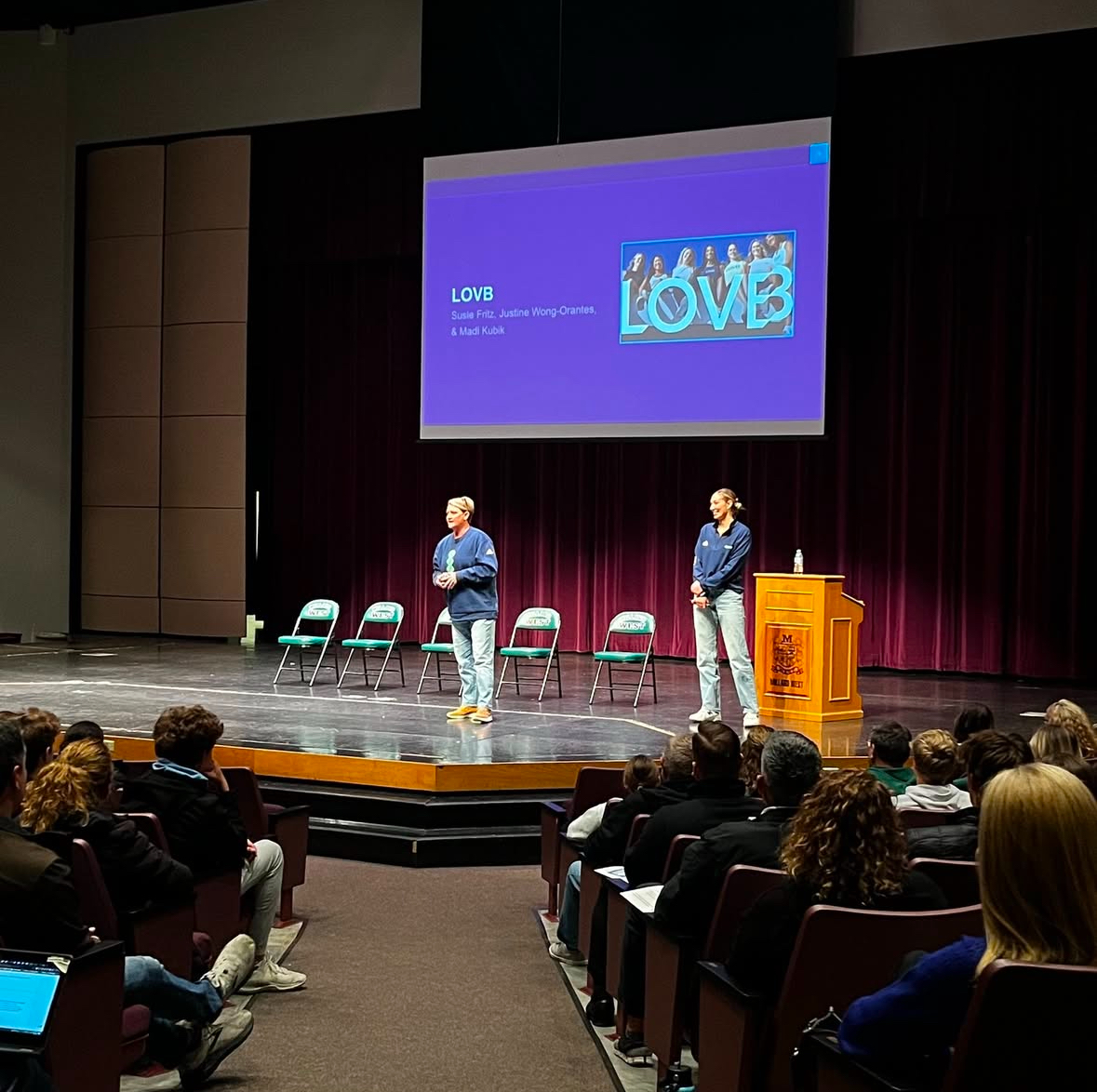
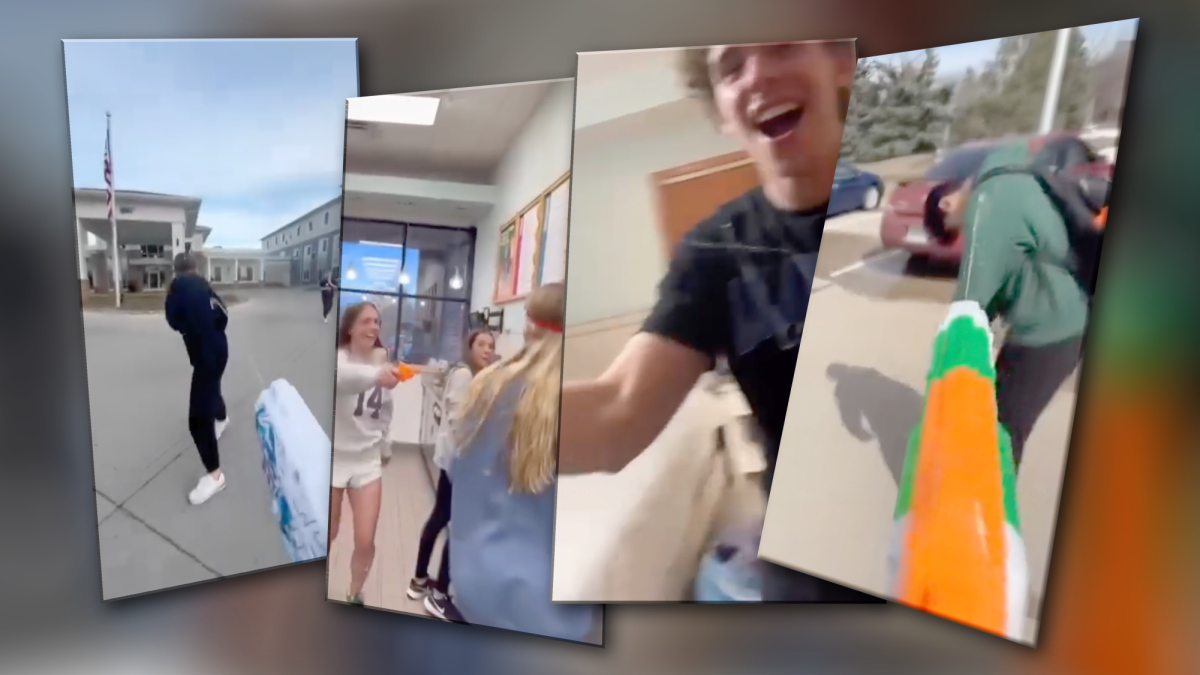
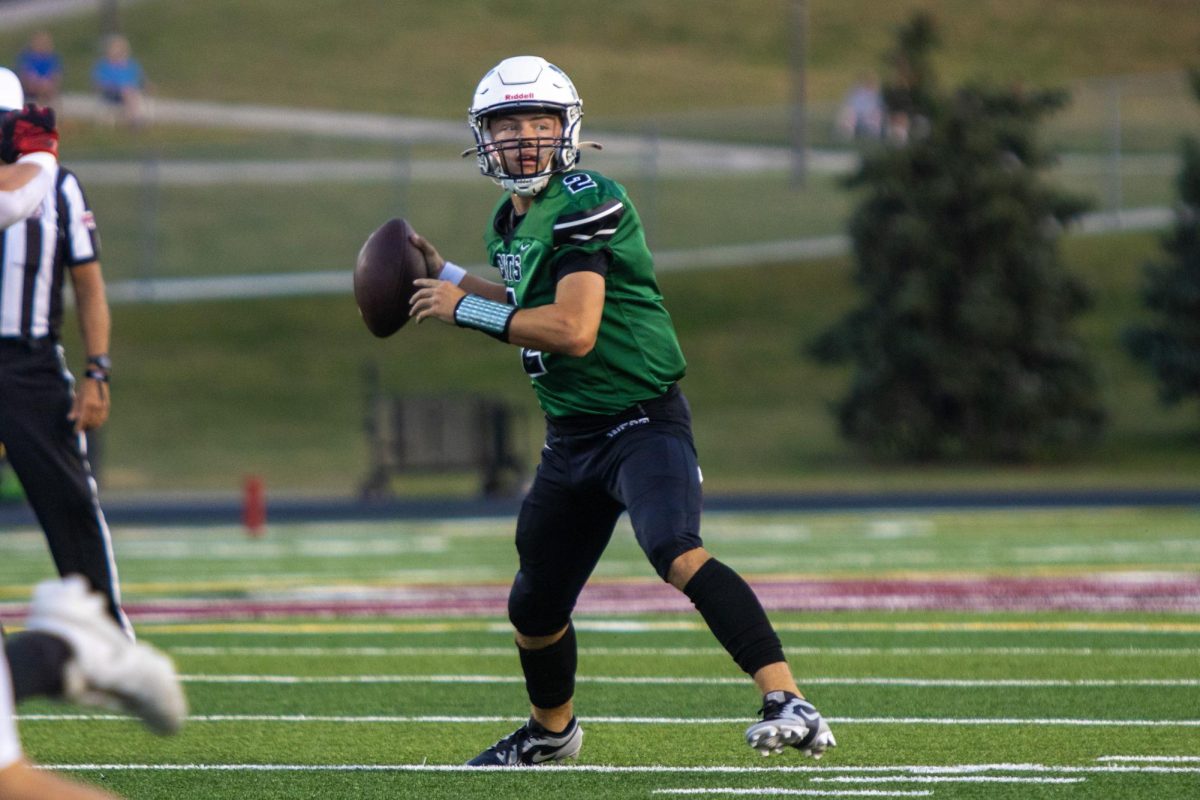
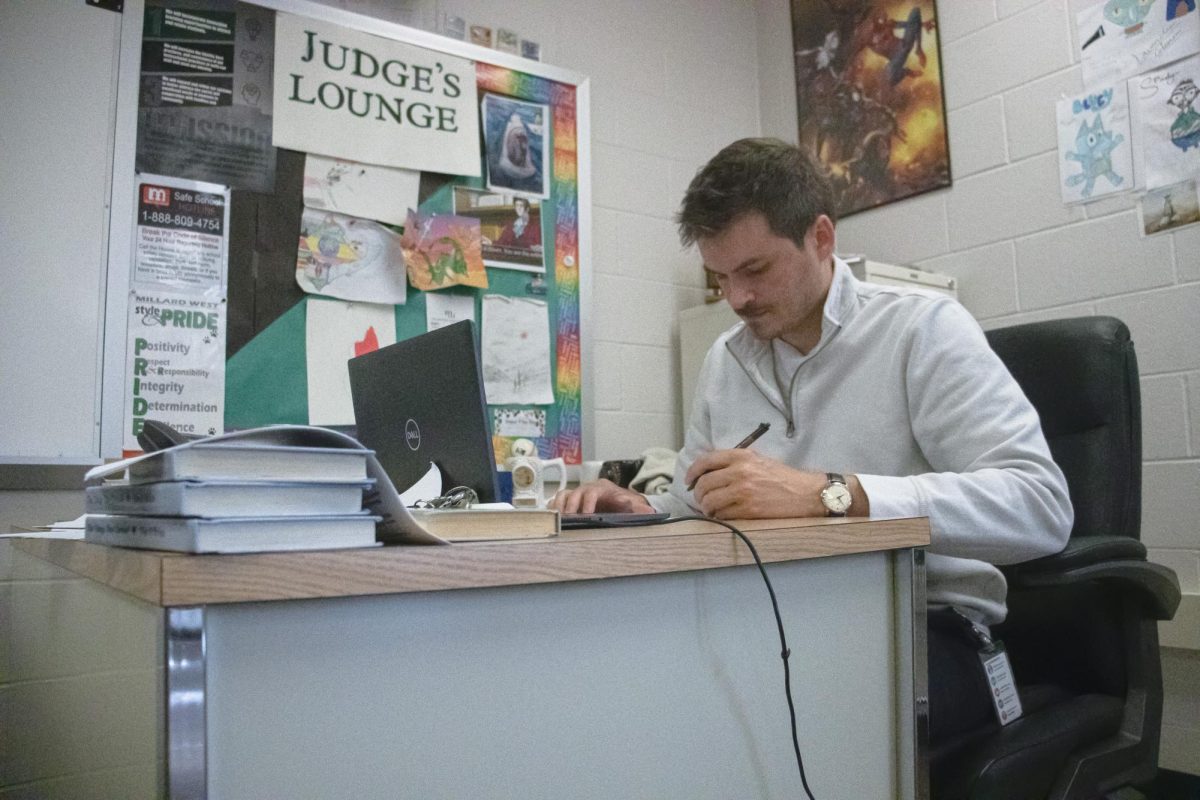
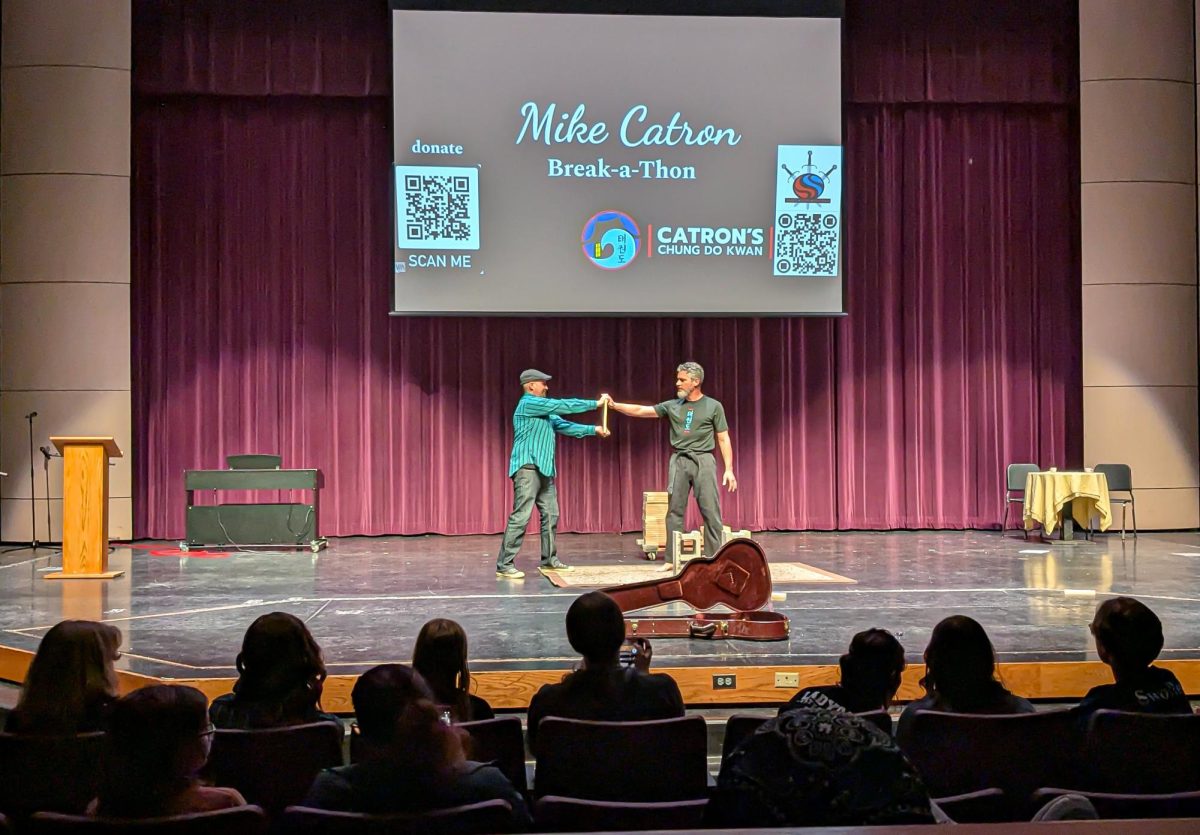
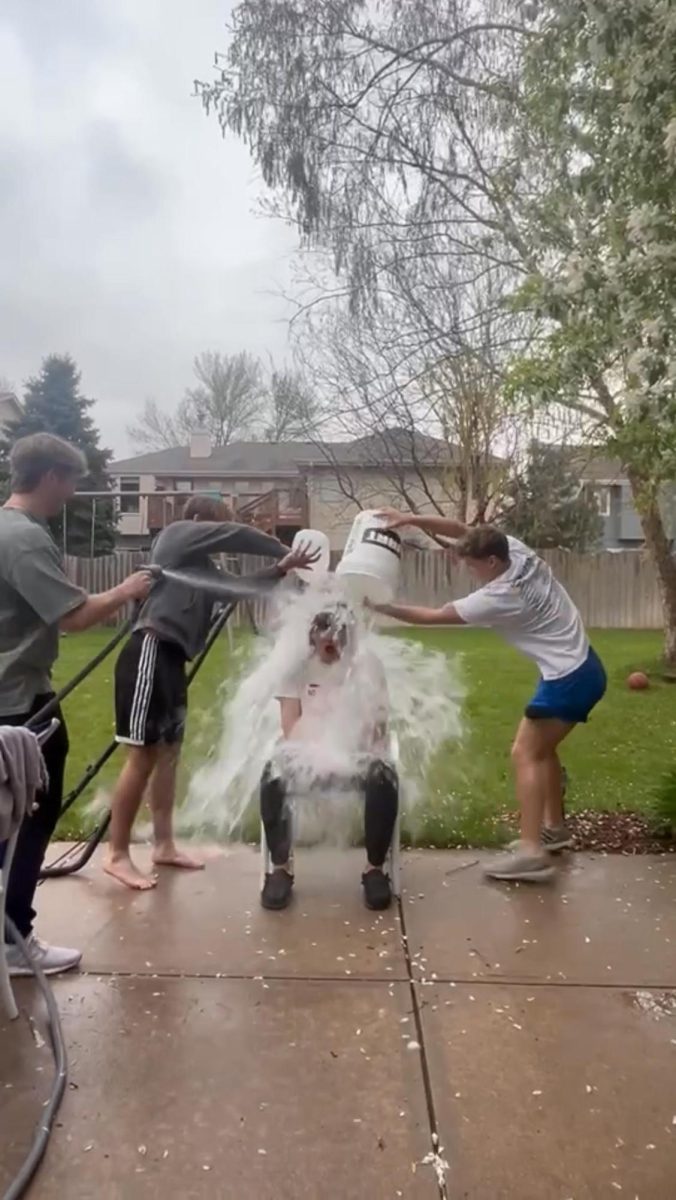





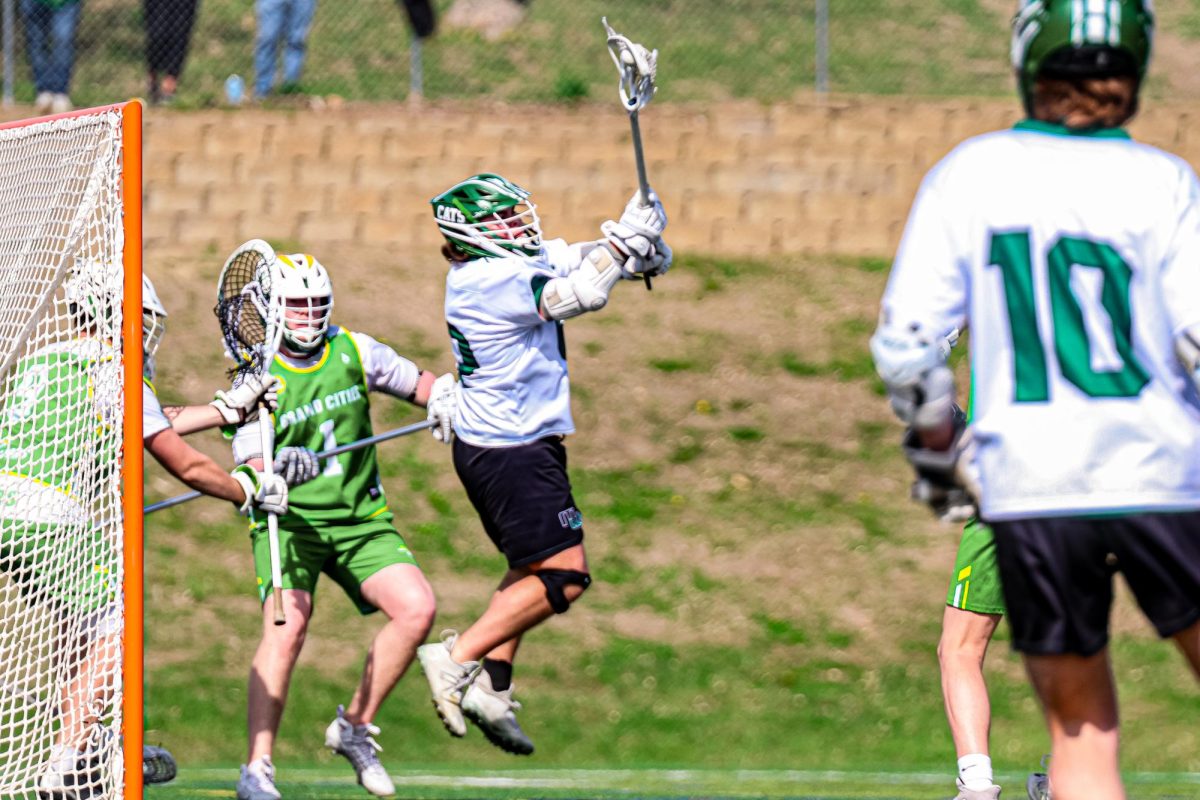


Margaret Balkus • Dec 9, 2024 at 10:52 am
Impressive for these two young ladies to take on this project. Mental health is important to everybody , especially teenagers. Athletes strive for perfection and are especially hard on themselves. Teenagers are growing and experiencing so much be it the pressure of their peers, social media, school, etc. Some don’t have strong family support. Today there are many resources available and your article helped to spotlight one. Another job well done.